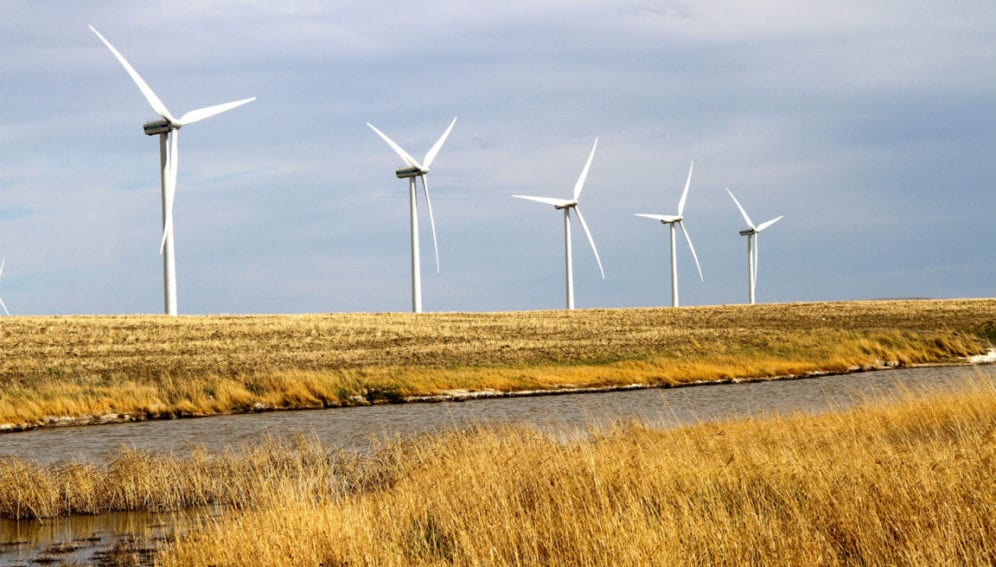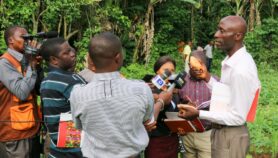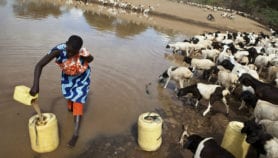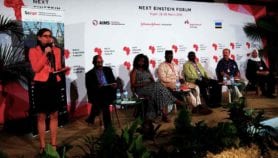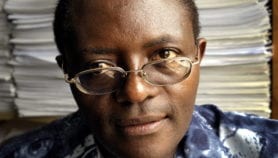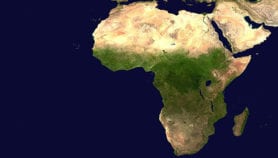By: Maina Waruru
Send to a friend
The details you provide on this page will not be used to send unsolicited email, and will not be sold to a 3rd party. See privacy policy.
[KIGALI] During my frequent interactions with fellow African journalists, I have often heard complaints from those reporting on energy that editors on many occasions fail to publish their stories.
This apparent failure by editors to publish their stories discourages reporters from writing stories on energy and to shun reporting on the subject, critical as it is to development, I have come to realise.
However, the inaugural workshop for media in East Africa to report on energy, which I attended in Kigali, Rwanda this month (9-10 November), has helped me understand that some media trainers and observers have a different view.
The workshop was organised by Smart Villages — an initiative that advocates energy for development at global, regional and national levels.
“My learning experience at the media workshop revealed that a good energy story should be inclined towards certain angles such as energy policy, investment or quality.”
Maina Waruru
I found that the failure of editors to publish reporters’ stories could be traced to the angles that most journalists reporting on energy use to capture a story’s importance.
A good story, for example, will not fail to emphasise the impact a particular energy project will have on a target community, clearly highlighting how it will influence the social and economic lives of people in that community, Kenyan science journalist and publisher Otula Owuor stated.
Owuor added that one of the factors that could make the story attract the editor’s attention and increase its prospects for publication is for the reporter to include data, figures and other relevant statistics in the story to help make it more readable and informative for the audience.
“Converting those figures into money will make the story a business story and few editors would have any reason to reject it,” Owuor said at the workshop.
My learning experience at the media workshop revealed that a good energy story should be inclined towards certain angles such as energy policy, investment or quality and have a compelling lead to attract an editor’s attention and make it a must- publish article.
For example, a story depicting the impact access to power is likely to have on agricultural productivity and food security will most likely catch an editor’s attention, as Otula intimated, pointing out that from his long experience in journalism “a good story is always a good story”.
It was, indeed, an illuminating experience exchanging ideas with experienced journalists on literally “how to make your story sell”.
I also learned that knowing and identifying your audience is always critical, so that the article speaks to a particular category or group of people, be they farmers, teachers, professionals or decision-makers.
US-based journalist Sharon Schmickle reminded us that the good old values of accuracy, clarity and fairness must, however, never be compromised and should walk with the writer throughout his writing journey.
Useful advice indeed for journalists reporting on energy to get their stories published.
This article has been produced by SciDev.Net's Sub-Saharan Africa desk.


